After a period of good growth, Vietnamese tuna exports to the UK slowed down in September, down 36% year-on-year in 2022, according to VASEP.
According to the Vietnam Association of Seafood Exporters and Producers (VASEP), in the first nine months of this year, tuna exports to the UK increased by 48% compared to the same period last year, reaching more than 5.5 million USD. However, in September, exports slowed down, down 36% after a period of good growth.
In terms of product structure, Vietnam exports the most meat and canned frozen tuna - accounting for 94% of total export turnover. Compared to the same period last year, Vietnam's fresh and frozen tuna exports to the UK are increasing sharply.
In the first months of 2023, the UK had one of the highest inflation rates among major economies. High inflation has affected seafood sales, including tuna, in this country. Demand for tuna products and long-term preserved seafood such as canned and pouched tuna has fallen sharply.
However, according to Kantar Worldpanel, the rate of food inflation in the UK has fallen back to single digits for the first time since July 2022. The annual food inflation rate in the UK was 9.7% in the four weeks to October 29. This is seen as a sign that the tuna market in this country is likely to recover.
According to statistics from the International Trade Center (ITC), the UK is one of the 10 largest tuna importing markets in the world. Currently, Vietnam is the 13th largest tuna supplier out of 45 in the UK, while Ecuador, Mauritius and Seychelles are leading.
A month ago, VASEP predicted that the last months of the year could be an opportunity for Asian countries, including Vietnam, to export to this market. The reason is that the prolonged El Nino phenomenon has reduced rainfall in the Panama Canal, affecting the transportation of goods from South American countries, including Ecuador, to European countries.
However, Vietnam has the disadvantage of requiring UK fishing products to be equivalent to the EU, while Vietnamese seafood is under the "yellow card" order, thereby reducing competitiveness.
Duc Minh
Source link








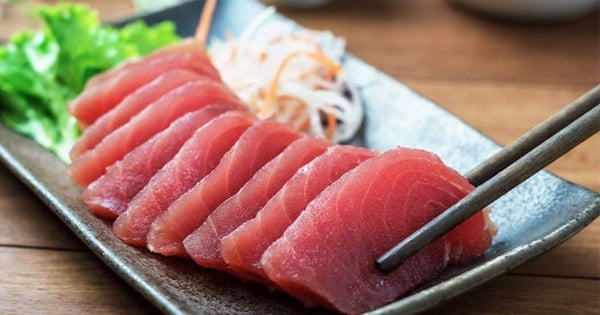

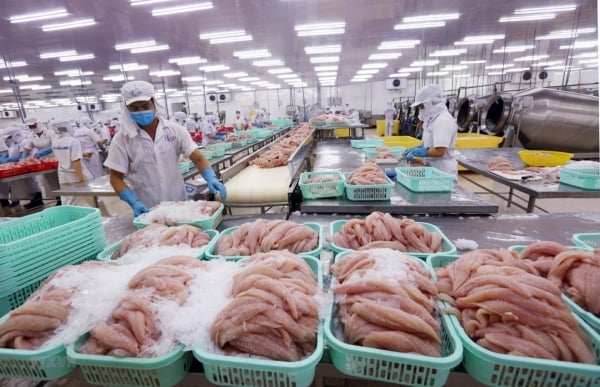

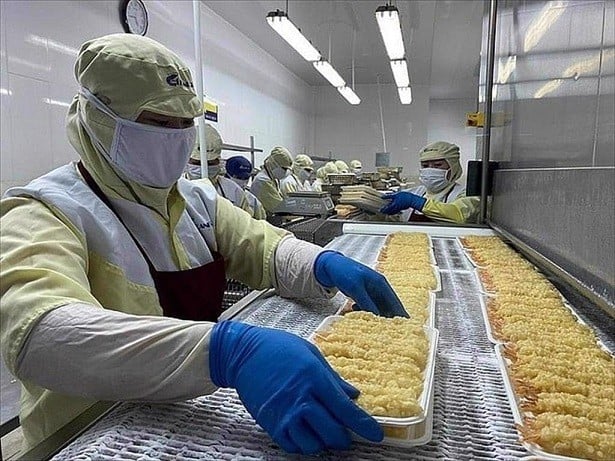

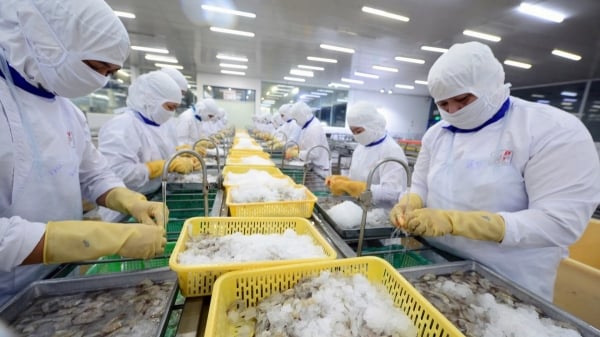

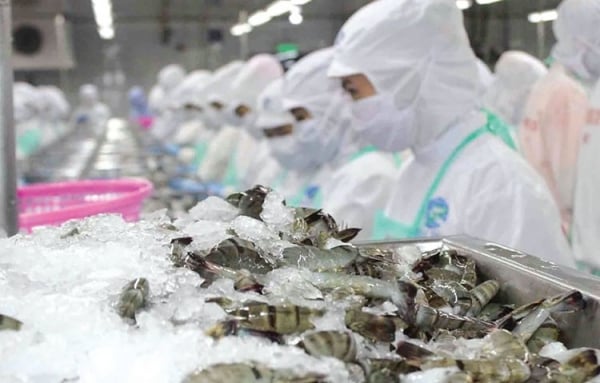



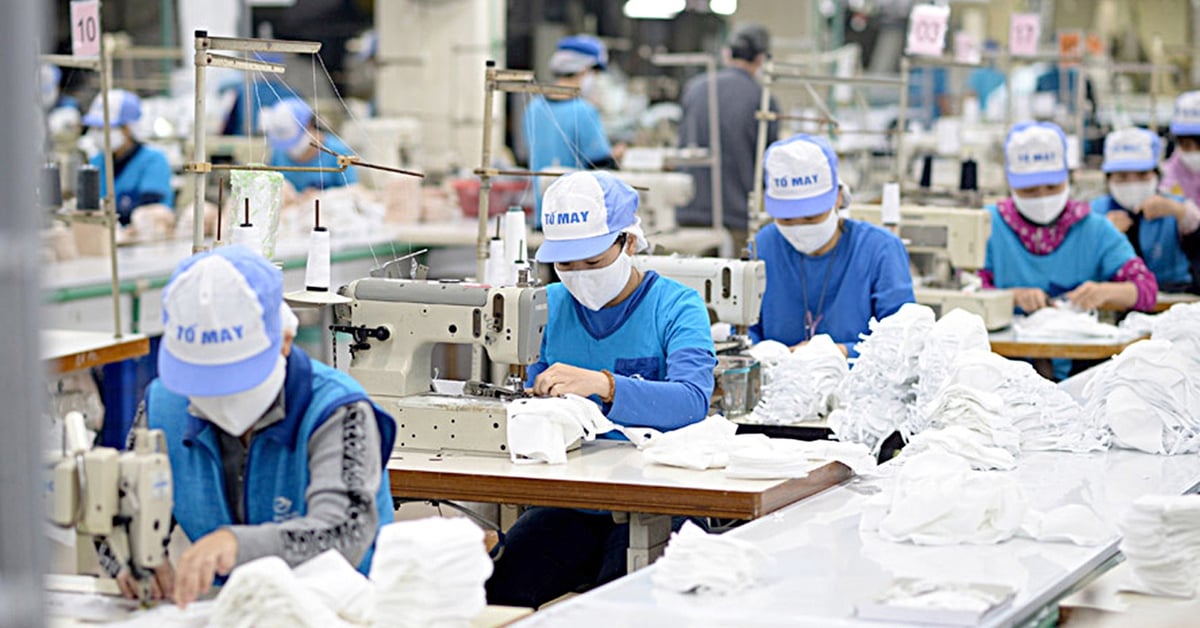











![[Photo] "Beauties" participate in the parade rehearsal at Bien Hoa airport](https://vstatic.vietnam.vn/vietnam/resource/IMAGE/2025/4/11/155502af3384431e918de0e2e585d13a)































































Comment (0)